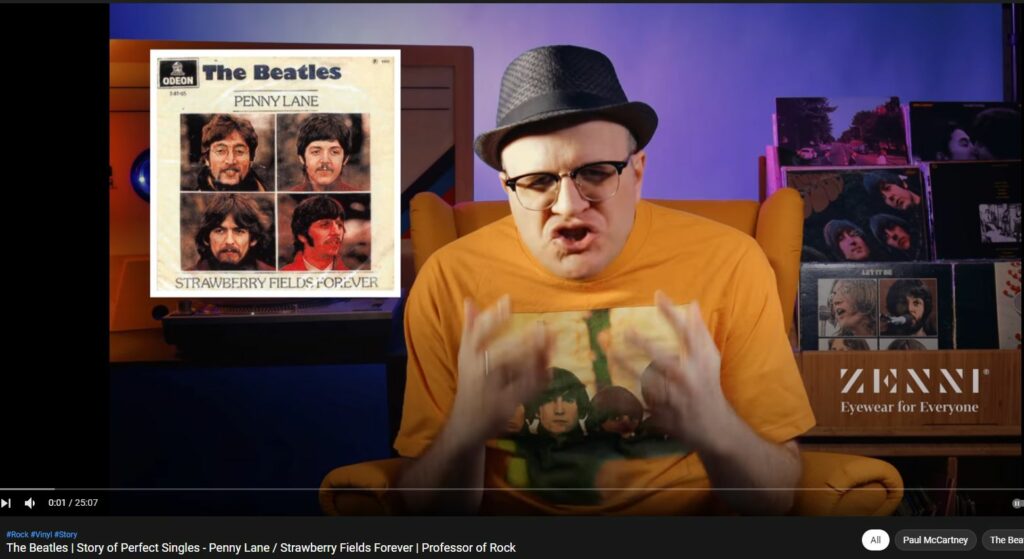Alan Watt on the Music And Culture Creation Industry
Alan Watt from CuttingThroughTheMatrix.com talking about music and the culture creation industry. Michael Jackson, The Beatles, Theodore Adorno, sex drugs and rock n roll.
ALAN WATT’s VIDEO
https://www.youtube.com/watch?v=_Ar5TESkfMk
Theodore Adorno
He was a leading member of the Frankfurt School of critical theory, whose work has come to be associated with thinkers such as Ernst Bloch, Walter Benjamin, Max Horkheimer and Herbert Marcuse, for whom the work of Freud, Marx and Hegel were essential to a critique of modern society. He is widely regarded as one of the 20th century’s foremost thinkers on aesthetics and philosophy, as well as one of its preeminent essayists. As a critic of both fascism and what he called the culture industry, his writings—such as Dialectic of Enlightenment (1947), Minima Moralia (1951) and Negative Dialectics (1966)—strongly influenced the European New Left.
Amidst the vogue enjoyed by existentialism and positivism in early 20th-century Europe, Adorno advanced a dialectical conception of natural history that critiqued the twin temptations of ontology and empiricism through studies of Kierkegaard and Husserl. As a classically trained pianist whose sympathies with the twelve-tone technique of Arnold Schoenberg resulted in his studying composition with Alban Berg of the Second Viennese School, Adorno’s commitment to avant-garde music formed the backdrop of his subsequent writings and led to his collaboration with Thomas Mann on the latter’s novel Doctor Faustus, while the two men lived in California as exiles during the Second World War. Working for the newly relocated Institute for Social Research, Adorno collaborated on influential studies of authoritarianism, antisemitism and propaganda that would later serve as models for sociological studies the Institute carried out in post-war Germany.
Upon his return to Frankfurt, Adorno was involved with the reconstitution of German intellectual life through debates with Karl Popper on the limitations of positivist science, critiques of Heidegger’s language of authenticity, writings on German responsibility for the Holocaust, and continued interventions into matters of public policy. As a writer of polemics in the tradition of Nietzsche and Karl Kraus, Adorno delivered scathing critiques of contemporary Western culture. Adorno’s posthumously published Aesthetic Theory, which he planned to dedicate to Samuel Beckett, is the culmination of a lifelong commitment to modern art which attempts to revoke the “fatal separation” of feeling and understanding long demanded by the history of philosophy and explode the privilege aesthetics accords to content over form and contemplation over immersion.
http://www.cuttingthroughthematrix.com
CONTRAST THE REVELATORY TRUTH ABOVE VS THE SUBSEQUIOUS IDOLIZATION BELOW

Alan Watt was a Canadian philosopher, researcher, and speaker known for his work on topics related to geopolitics, culture, and spirituality. While he discussed various aspects of culture and media manipulation in his talks and writings, including the influence of the music industry, I couldn’t find specific references to his analysis of the Beatles or the concept of “Stars Are Made.”
However, it’s worth noting that Alan Watt was critical of what he perceived as manipulation and social engineering by powerful interests, including in the entertainment industry. He often explored how media, including music, movies, and television, can shape public perception, values, and behavior.
In discussions about the music industry, Watt and others have pointed out strategies used by record labels, producers, and marketers to manufacture and promote artists as part of a commercial agenda. This includes carefully crafting images, personas, and narratives around artists to appeal to target demographics and generate sales and publicity.
Regarding the Beatles specifically, they are often cited as an example of a band that was heavily marketed and promoted to become a cultural phenomenon. Their rise to fame and enduring popularity have been analyzed from various perspectives, including sociological, cultural, and commercial.
While some critics view the Beatles as genuine artists who revolutionized popular music, others have suggested that their success was engineered by record executives and media moguls seeking to capitalize on the burgeoning youth culture of the 1960s.
In summary, while I couldn’t find specific references to Alan Watt’s analysis of the Beatles or the concept of “Stars Are Made,” his broader critiques of media manipulation and cultural engineering shed light on the ways in which the music and entertainment industries shape our perceptions and experiences.